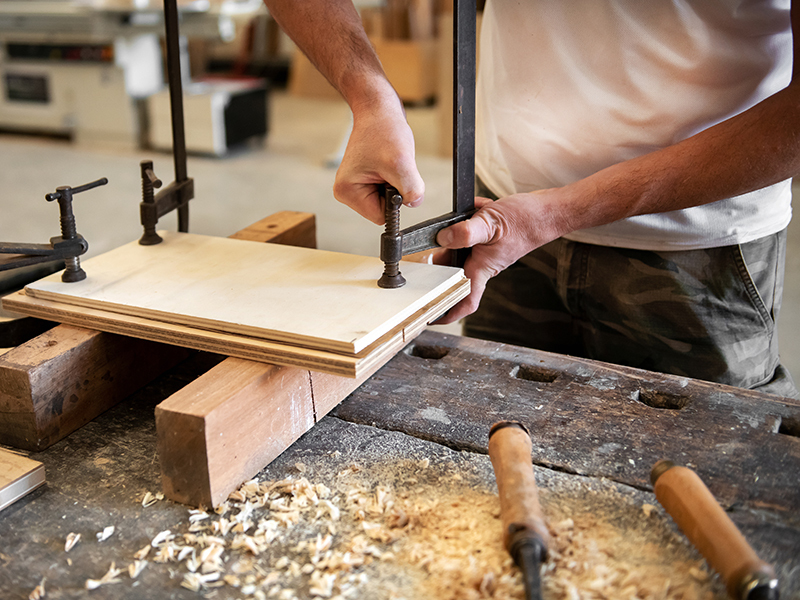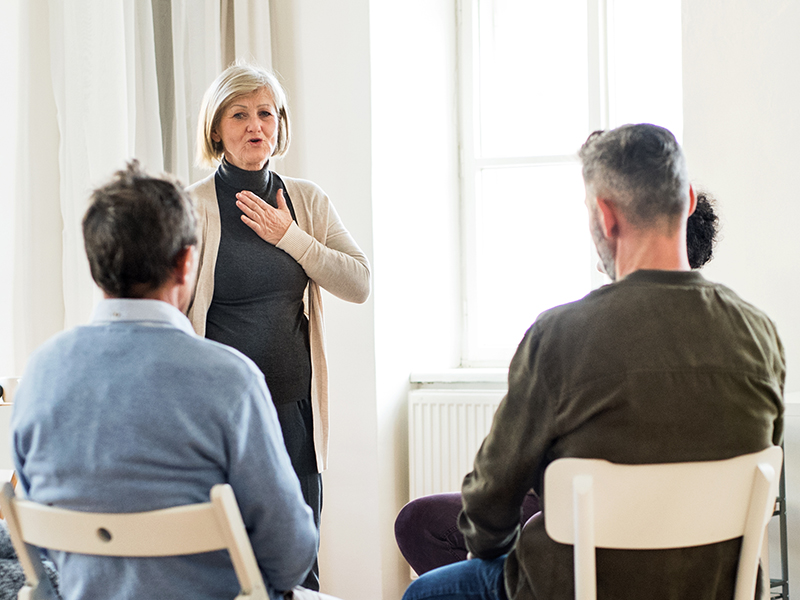Hope House Lowestoft
Looking after your health and wellbeingFinding the support you need
As a resident you will be expected to be motivated and productive around the project. Our support team will encourage you to make healthy life decisions that will ultimately improve your physical and mental well-being.
By eating nutritious food, taking more exercise, or stopping smoking, becoming motivated and productive, learning to be more self-aware and developing better relationships, this will help to assist you in your recovery journey in Hope House.
We will also help you to access any external services for any extra support that is needed for your health and wellbeing – from doctor’s surgeries to specialist addiction and mental health organisations, from counselling to probation or family law solicitors.
SETTING YOUR GOALS
In Hope House we tailor a robust, person-centred care-plan, when followed, will bring about a transformative process of change.
We all have life experiences, good and bad, these are based primarily upon the number of choices we have made in our lives.
To get the best results out of your time spent in Hope House we will engage and be a part of your goal-setting plan and will assist you in reaching your full potential.
The goal-setting plan consists of a tailored care plan, this will monitor and record your progress towards the goals and objectives that have been agreed by you and your keyworker.
This will include getting regular support from external services for your physical and mental well-being, as well as learning new skills and finding new coping strategies to deal with life-on-life terms.
Your keyworker will arrange one to one goal- setting sessions with you, this will be done regularly throughout your time in Hope House, to see how well the plan is working for you and to assist you in taking the necessary steps to a better and more productive future.




A LISTENING EAR, AN OPEN DOOR
The house office is a welcoming space for residents to drop in and talk through any day-to-day concerns they have.
This could be, for example, to do with families and relationships, emotional difficulties and anxieties, or issues about recovery and temptations to self-medicate.
For these and other issues such as housing needs, debt repayments and benefits, we can be a listening ear and give informal advice and support.
We also make sure we have seen and spoken to each resident at least once in the day, to check on their welfare.
one-to-one sessions
One of the trustees, Terry Watson, and a volunteer Josie, offer one-to-one counselling-style conversations with residents.
These are an opportunity to talk through issues or concerns in more depth. They can be offered weekly or fortnightly, as needed, and usually for up to eight sessions at a time.
Terry has training in psychodynamic counselling, and Josie is a trained mental health worker, with counselling qualifications in …
specialist support
Some residents might need more specialist support – for example from organisations or professionals dealing with mental health, alcohol or drug dependence, debt and benefit advice, or family law.
We will work with you to find the level and type of support you need.
This could mean helping you to arrange the service you need, or ‘signposting’ you to the different services available, for you to arrange it yourself.
Mental Health
Your mental health is about how you think and feel, about yourself, say, or about other people or about the future.
It can affect how you cope with stress – in work, in family or social situations for example – and the choices you make, whether about everyday things or in more important, life-changing decisions.
Many of us will need a bit of extra help with our mental wellbeing at some point in our lives. http://www.catalyst-wcs.org.uk/
We can support your referral to NHS community mental health services, or to professional counselling services, such as Catalyst Counselling.
recovery
Some of the residents at Hope House have had specialist and intensive support to deal with substance misuse (drug and alcohol dependence) before coming here.
For this reason, the house is drug and alcohol free, and all residents are expected to keep to this rule out of respect for those continuing their recovery at Hope House.
We encourage residents in recovery to continue to access one or more of the specialist services provided by local and national organisations.
Local organisations include the Dual Diagnosis Team at Access Community Trust (substance misuse and mental health), East Coast Recovery and Turning Point. (Each link opens in a new window.)
There are also AA, CA and NA meetings throughout the week, at locations close to Hope House.
We may be able to provide a lift to and from meetings if you need one.
registering with a doctor, dentist or optician
We can help you to register with a local doctor, dentist and (if you need one) optician.
We may be able to accompany you to an appointment if you need it.
Medication
We will give verbal reminders to take prescribed medication, and can help to arrange repeat prescriptions.
giving up smoking
Provide info to residents about smoking – health benefits of giving up etc.
Signpost to smoking cessation services, clinics, leaflets, websites
eating well
Communal meals on a Thurs or Sun – making sure residents are able to eat a healthy nutritious meal at least once a week.
Sociable, bbq, nutrition, portion size, fluid intake, chef / volunteer on Thurs to show how to cook – using healthy ingredients, portion control – life skills.
exercise
Encourage residents to get out of the house during the day, for their mental and physical wellbeing.
– occasionally take individuals or a small group for a walk to get fresh air, sometimes for a walk along the beach etc.
some resident have their own pushbikes – can help with bike maintenance and restoring second-hand
football, tennis rackets, fishing gear, gym,
may be able to offer people a lift to get them started on a fitness program, but would encourage to make their own way.
family & relationships
Encouragement to make or renew contact with family and provision of emotional support throughout.
Support with building good relationships with other residents.
staying out of prison
For residents who have recently come out of prison – including those on electronic tag – we can help with keeping to licence conditions, attending court and probation appointments.
We may also be able to help residents to resolve issues about paying fines.